The pancreas is a large gland located deep in the abdomen
between the stomach and the spine. It has two important roles in the body. The
first one is to produce the pancreatic digestive juices and the second one is to
produce insulin and other hormones that support the digestive system.
Pancreatic cancer is a disease in which malignant cells form in the tissue of
the pancreas. It is sometimes referred to as exocrine cancer. According to
UK cancer statistics, pancreatic cancer accounts for 3% of all cancers. It
is the 10th most common cancer in the UK, with an average of just over 20 cases
diagnosed every day. It is uncommon in people under 40 years of age.
Although the exact causes of most pancreatic cancers are not known, the risk factors
associated with pancreatic cancer are as follows:
- smoking - smokers are more likely to develop pancreatic cancer than
nonsmokers
- diabetes - pancreatic cancer occurs more often in people suffering from
diabetes
- being male - pancreatic cancer is more common in male population
- being African American - African Americans are more likely to develop
pancreatic cancer than Asians, Hispanics or whites
- family history - the risk triples with having a first degree relative who
had pancreatic cancer
- chronic pancreatitis - this condition of the pancreas may increase the
risk of developing pancreatic cancer
- exposure to certain chemicals in the workplace
- unhealthy diet high in fat low in antioxidants
There are three types of standard treatment used for pancreatic
cancer; these are surgery (the tumour is taken out), radiotherapy
(the cancer cells are killed by using radiation) and chemotherapy (the
growth of malignant cells is stopped by using certain drugs). Common
chemotherapy regimens include:
Unfortunately, it is rarely possible
to completely remove the tumour - it has usually spread outside the pancreas or it is too
large by the time patients experience any symptoms and present to the doctor. Often a
surgeon will perform a bypass procedure called a Whipple's operation. This allows the food
to pass from the stomach to the small bowel and the bile to pass from the liver to the gut
freely. Alternatively, a stent is inserted into the bile duct during a procedure
called ERCP. This involves a flexible tube which passes from through the mouth into the
part of the gut next to the bile duct, the physician can look down the tube and then
insert a small plastic tube up the duct.
Find out more about pancreatic cancer:
|
Other useful links and further resources: |
 What
is cancer; About
specific cancers;
Breast |
Prostate |
Bowel. Cancer
treatments; Chemotherapy
|
Radiotherapy |
Hormones | Biological
agents | Complementary.
Lifestyle
advice;
Exercise | Diet |
Smoking | Sunbathing
| Alcohol. Cope
with symptoms; Traveling
| Insurance | Making
a will | Support groups
| Tests
for cancer | Clinical trials. ...site
map
What
is cancer; About
specific cancers;
Breast |
Prostate |
Bowel. Cancer
treatments; Chemotherapy
|
Radiotherapy |
Hormones | Biological
agents | Complementary.
Lifestyle
advice;
Exercise | Diet |
Smoking | Sunbathing
| Alcohol. Cope
with symptoms; Traveling
| Insurance | Making
a will | Support groups
| Tests
for cancer | Clinical trials. ...site
map
|
 An
excess or a deficiency of vitamins and trace mineral can lead to an
increased risk of cancer, other illnesses and troublesome symptoms. A reliable way to ensure you have
the correct amounts is to measure
them. You will then be a to make able to make informed dietary decisions including and whether to take specific supplements
in order to restore your nutritional balance. ...read
more / order online An
excess or a deficiency of vitamins and trace mineral can lead to an
increased risk of cancer, other illnesses and troublesome symptoms. A reliable way to ensure you have
the correct amounts is to measure
them. You will then be a to make able to make informed dietary decisions including and whether to take specific supplements
in order to restore your nutritional balance. ...read
more / order online
|
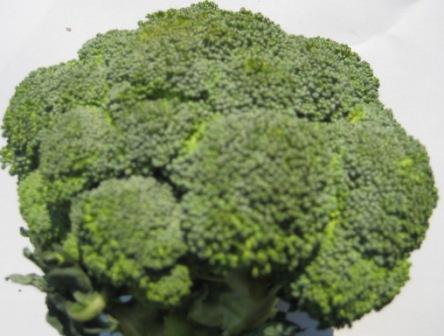  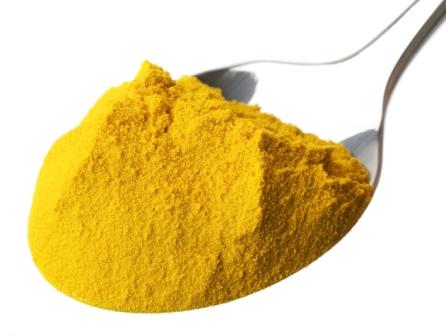 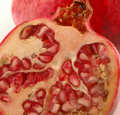 The
first
broad spectrum anti oxidant rich super food designed by a leading oncologist.
POmi-T
aims to boost your daily
antioxidant levels using only carefully selected natural wholes foods
which have been dried and concentrated for convenience ...read
more / order. The
first
broad spectrum anti oxidant rich super food designed by a leading oncologist.
POmi-T
aims to boost your daily
antioxidant levels using only carefully selected natural wholes foods
which have been dried and concentrated for convenience ...read
more / order.
|
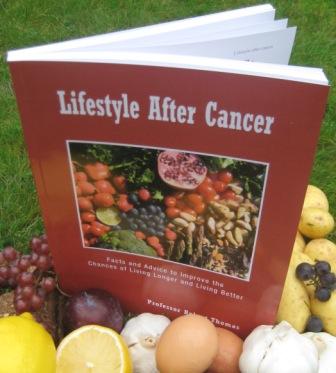 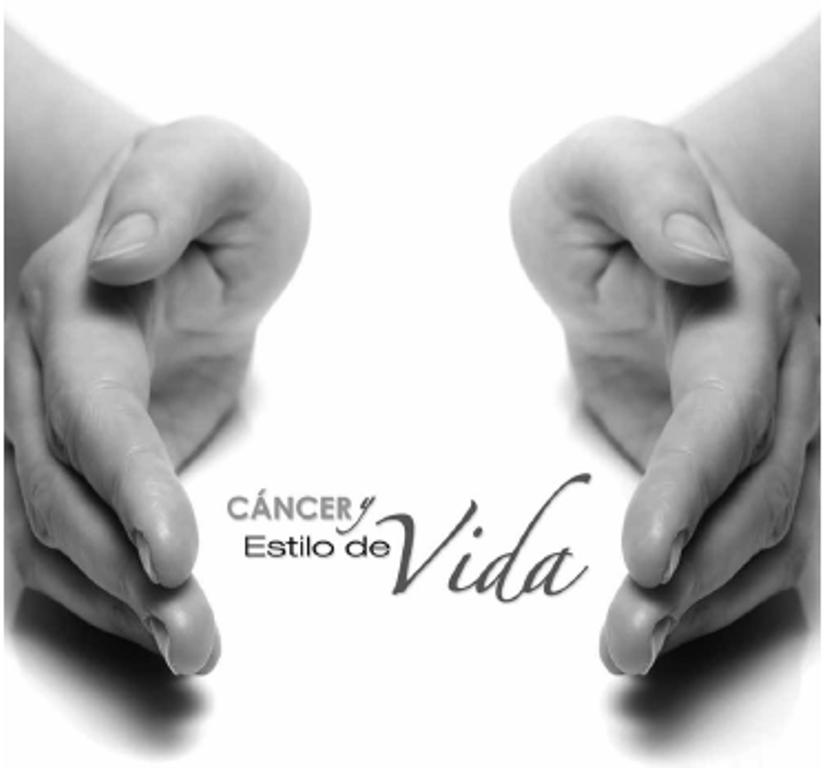 An inspiring new lifestyle advice
book, based only on the
facts, empowers readers with the knowledge to help their chances of living longer and stronger
..read
more / order
Después de una diagnosis del cáncer, es; “Qué puede nosotros hacer para
ayudarse?” La respuesta, que este libro trata, está “mucho”.
order
online
An inspiring new lifestyle advice
book, based only on the
facts, empowers readers with the knowledge to help their chances of living longer and stronger
..read
more / order
Después de una diagnosis del cáncer, es; “Qué puede nosotros hacer para
ayudarse?” La respuesta, que este libro trata, está “mucho”.
order
online |
 This
little book
identifies the situations where arguments
breakout and
gives simple tips to navigate around
them. Ideal reading for families after
cancer ..
order online This
little book
identifies the situations where arguments
breakout and
gives simple tips to navigate around
them. Ideal reading for families after
cancer ..
order online |
 This
21 minute DVD explains chemotherapy & radiotherapy. The only
preparatory film which was evaluated in a randomised study and
shown to reduce anxiety and improve well-being during treatments. Available in English, Italian, Urdu,
Bengali, Gujarati & Hindi ... read more / order online This
21 minute DVD explains chemotherapy & radiotherapy. The only
preparatory film which was evaluated in a randomised study and
shown to reduce anxiety and improve well-being during treatments. Available in English, Italian, Urdu,
Bengali, Gujarati & Hindi ... read more / order online |
 Cracked and sore lips are
common during chemotherapy and afterwards. There is evidence that
natural oil based creams are better than petroleum based creams. Nature-medical
lip balm contains only natural waxes and essential oils selected for their anti-inflammatory
and DNA stabilizing properties.. read
more..order Cracked and sore lips are
common during chemotherapy and afterwards. There is evidence that
natural oil based creams are better than petroleum based creams. Nature-medical
lip balm contains only natural waxes and essential oils selected for their anti-inflammatory
and DNA stabilizing properties.. read
more..order
|
|
Glossary
| About us |
Disclaimer |
Contact us
| How
to advertise on this site |












